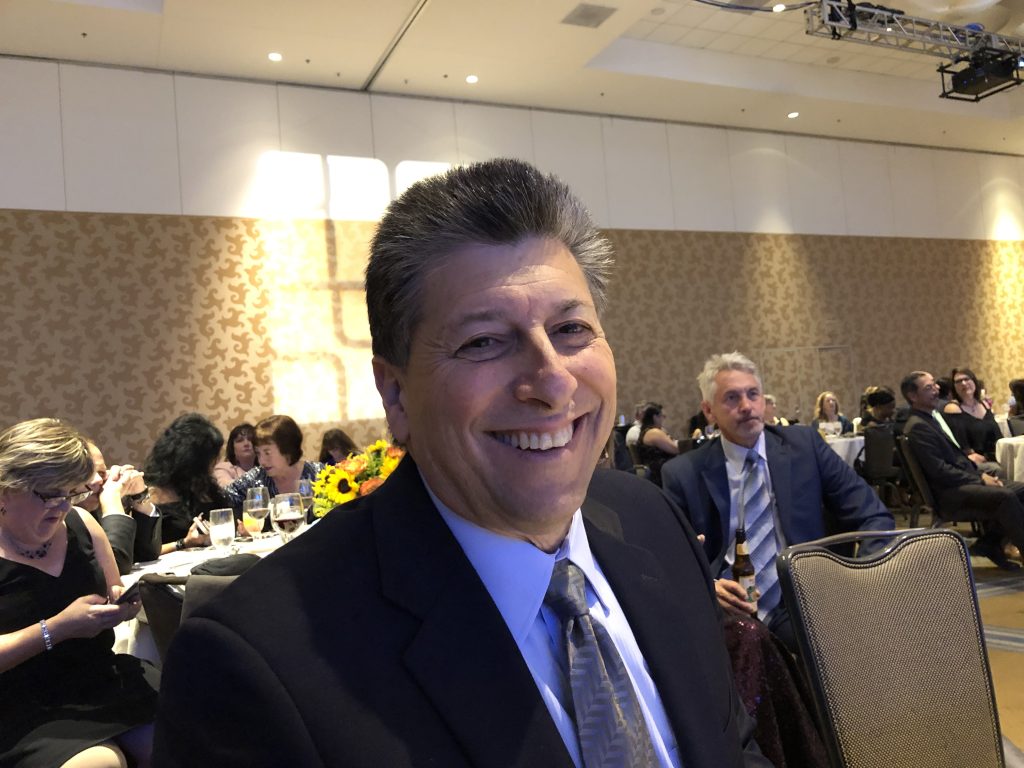How programs that have quietly been helping Californians since 1856 may be the answer to recovering from 2020

It’s hard to believe adult education has been around for more than a century, but so many people don’t fully understand what it is, what it does or what impact it could have on our state as a whole.
“With the pandemic, so many businesses have closed,” says Rocky Bettar, the director of adult education/career preparation for the Rowland Unified School District. “Especially small business—the mom-and-pops—have been hit hardest. Adult ed can be that vehicle for those looking to get a different job or to improve their career.”
“We accept all adults through the door—there is no resident requirement, no questions asked. We are the safety net.”
Rocky Bettar, Director, Adult Education/Career Preparation, Rowland Unified School District
Currently, there are more than 425 adult schools and community college noncredit programs in California, serving close to 1 million adult learners. “Adult education has been there for 150 years,” Bettar says, because of its ability “to pivot immediately based on what the community needs. Each district is totally different and is able to provide what’s necessary, to provide help to those who need it.”
Generally, the natural constituency of adult education are students who have barriers—barriers that must be dealt with in a sensitive and respectful way. “Our students are not familiar with the education system, not familiar with how to navigate it, not even understanding it’s there for them,” he says. “We have a huge ESL population of adult learners. And in our K-12 system too. Our goal is to be a bridge for those adults so they can help their children.”
In fact, research—and heartwarming anecdotal evidence—shows adults who are seen studying and completing academic milestones have a significant impact on their families. Bettar, for example, tells the story of an 82-year-old retired grandfather who attended the Rowland Unified GED program to finally earn his high school diploma. “His whole goal was to be a role model to his grandchildren and show them education is important,” Bettar says.
Bettar says his district—and all adult education systems—are constantly redefining what people need to keep their programs relevant. That means paying attention to each individual learner’s needs. “We accept all adults through the door—there is no resident requirement, no questions asked,” he says. “We are the safety net.”
To learn more about the history of adult education in California, visit caadultedhistory.org. To learn more about the Rowland Unified School District’s adult education program, visit http://race.rowland.k12.ca.us/ or call 626-965-5975.
Written by Thea Marie Rood
| Regions | Classes & Topics |
|---|---|
| South Coast California | Variety of Classes |